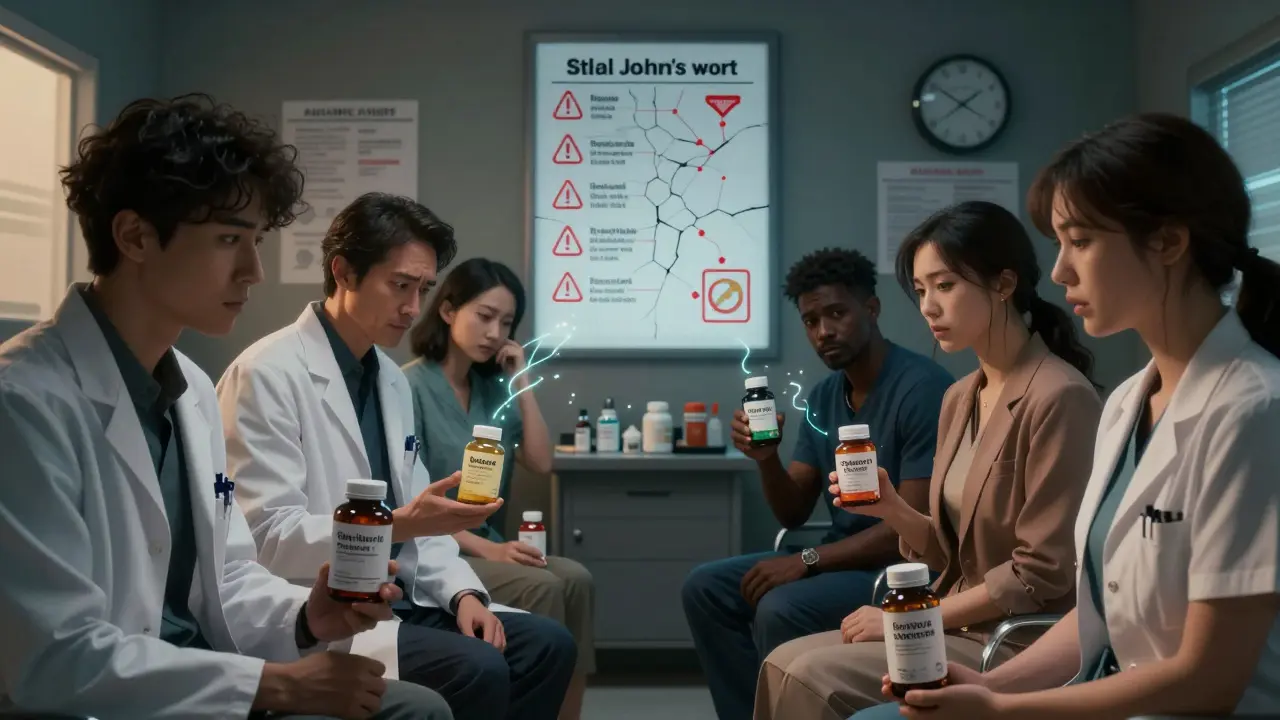Understanding Drug Interactions: Protect Yourself from Surprises
Ever wonder why your doctor warns you about certain drug combos? Drug interactions happen when one medicine changes the effect of another. Sometimes this can reduce how well the drugs work, or it might cause unexpected side effects. Knowing the basics helps you avoid risks and stay on top of your health.
Why Drug Interactions Matter
Think of your medications like teammates in a game. Some play well together, while others clash and slow things down or cause issues. For example, mixing blood thinners with some pain relievers can increase bleeding risk. It's not just prescription meds—over-the-counter drugs, supplements, and even foods can cause interactions.
One common example is grapefruit juice, which can affect how certain cholesterol drugs work, either making them too strong or too weak. That’s why your pharmacist or doctor asks about everything you take, not just prescriptions.
How to Manage and Prevent Drug Interactions
Keep a list of all your medications and share it with healthcare providers. Don’t start or stop any meds without checking with them first. Also, ask if your supplements or herbal remedies might interfere with your prescriptions. When picking over-the-counter drugs, read labels carefully and consult with a pharmacist.
Being upfront about your habits—like drinking alcohol or smoking—helps too since these can change how medicines work. If you notice new symptoms after starting a medicine, don’t ignore them. Check with your doctor promptly as these could be signs of an interaction.
Final tip: use one trusted pharmacy if you can. Pharmacists there can track your medications better and flag potential problems early.
Understanding drug interactions isn’t complicated, but ignoring them can lead to serious issues. Stay informed and communicate openly with your healthcare team to keep your treatments safe and effective.

